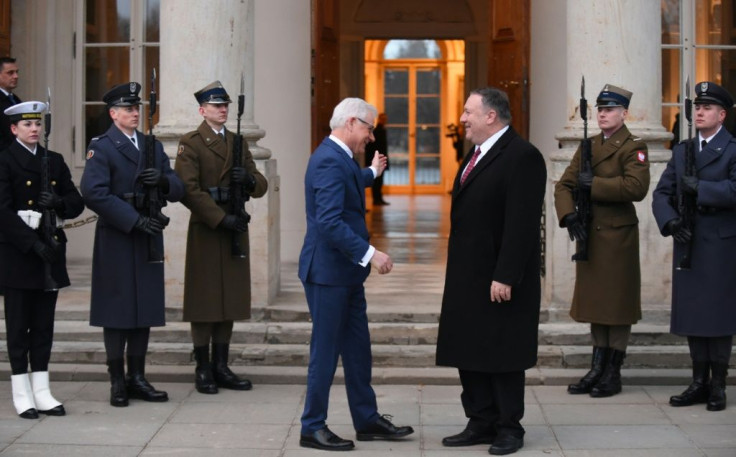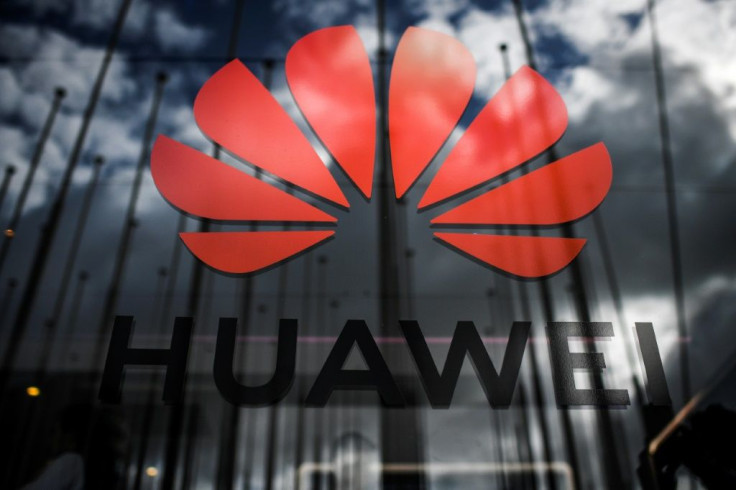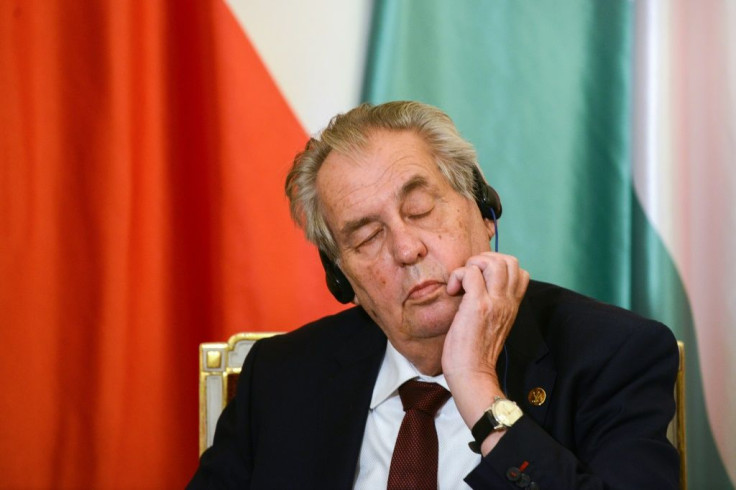Amid Germany Troop Pullout, Pompeo Seeks Friendly Faces To East
As President Donald Trump orders US troops out of Germany and faces a tough re-election battle, his top diplomat, Mike Pompeo, is heading to friendly climes in Central and Eastern Europe.
Pompeo on Tuesday opens a five-day trip that will terminate in close ally Poland, which is eager to welcome some of the US troops leaving Germany to guard against historic adversary Russia.
He will also travel to the Czech Republic, Slovenia and Austria where he is expected to press his campaign for nations to shun Huawei, the Chinese telecom giant considered a threat by Washington as it takes a lead in fifth-generation internet.
In Slovenia, where he will be the first US secretary of state to visit since 2001, Pompeo will on Thursday sign an agreement on 5G, officials said without previewing details.

Pompeo's trip comes weeks after the Pentagon said the United States would bring home some 6,400 military personnel from Germany and shift nearly 5,600 more to other NATO allies including Italy and Belgium.
Trump has a tense relationship with German Chancellor Angela Merkel, who declined his invitation for a Group of Seven summit in Washington in the middle of the coronavirus pandemic, and accuses Europe's largest economy of unfair trading practices.
"What is most significant about this trip is the places the secretary is not going to," said Ian Lesser, the Brussels-based vice president of the German Marshall Fund of the United States.
"If the secretary was going to address the core issues in transatlantic relations at the moment, he would be making stops in Brussels, Paris and Berlin."

Lesser said that the troop repositioning out of Germany was unlikely to be a major issue for US voters.
"What does have some political resonance is how a senior American official is received when he or she goes to Europe," he said.
"This is a low-risk visit from the point of view of the administration," he said. "They want to give an impression of foreign policy success."

Pompeo last month visited Britain and Denmark and also traveled last year to Poland, where President Andrzej Duda has formed close relations with Trump.
Trump invited Duda to the White House days before Poland's election in June, in which Duda won a narrow victory after a polarizing campaign in which he attacked LGBT rights.
Polish Defense Minister Mariusz Blaszczak has said that the United States will deploy at least 1,000 additional troops to Poland.
"I think it's fair to say Poland is one of our closest and strongest allies. We enjoy unprecedented levels of bilateral relations," Phil Reeker, the top State Department official for Europe, told reporters.
He pointed out that Poland is one of the few NATO nations to meet a goal of spending two percent of GDP on defense -- unlike Germany, in a running sore point for the Trump administration.
Reeker said that Pompeo will also raise energy independence from Russia.
Pompeo last month opened the way for sanctions over the Nord Stream 2 pipeline being built from Russia to Germany.
Poland adamantly opposes the project, fearing it strengthens Russia's influence over Europe, while an Austrian company is among the participants.
The tour will be heavy on historical symbolism. In the Czech Republic, Pompeo will head to Pilsen to mark western Bohemia's 1945 liberation by US troops under George Patton.
But at least one of Pompeo's meetings may be tense. Czech President Milos Zeman is known for his outspoken remarks including support of Russia and China.
Reeker said Pompeo would have a "short discussion" with Zeman during what he called a courtesy call.





















